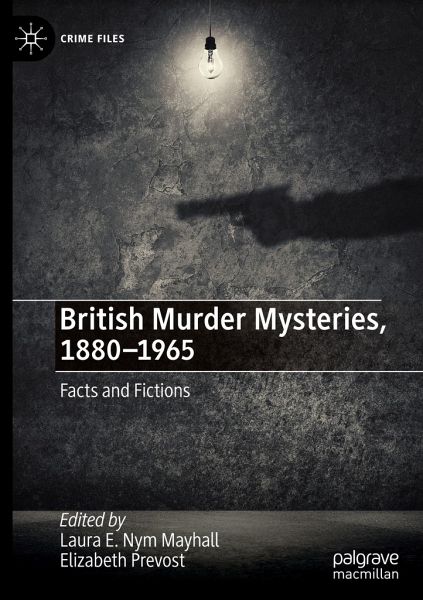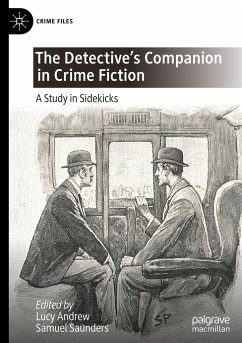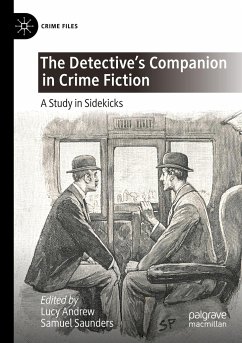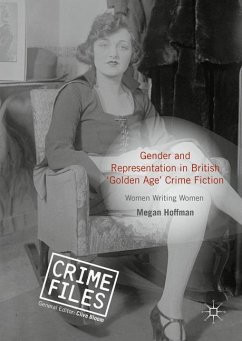
British Murder Mysteries, 1880-1965
Facts and Fictions
Herausgegeben: Mayhall, Laura E. Nym; Prevost, Elizabeth

PAYBACK Punkte
53 °P sammeln!
British Murder Mysteries, 1880-1965: Facts and Fictions conceptualizes detective fiction as an archive, i.e., a trove of documents and sources to be used for historical interpretation. By framing the genre as a shifting set of values, definitions, and practices, the book historicizes the contested meanings of analytical categories like class, race, gender, nation, and empire that have been applied to the forms and functions of detection. Three organizing themes structure this investigation: fictive facticity, genre fluidity, and conservative modernity. This volume thus shows how British detect...
British Murder Mysteries, 1880-1965: Facts and Fictions conceptualizes detective fiction as an archive, i.e., a trove of documents and sources to be used for historical interpretation. By framing the genre as a shifting set of values, definitions, and practices, the book historicizes the contested meanings of analytical categories like class, race, gender, nation, and empire that have been applied to the forms and functions of detection. Three organizing themes structure this investigation: fictive facticity, genre fluidity, and conservative modernity. This volume thus shows how British detective fiction from the late-nineteenth to the mid-twentieth century both shaped and was shaped by its social, cultural, and political contexts and the lived experience of its authors and readers at critical moments in time.














